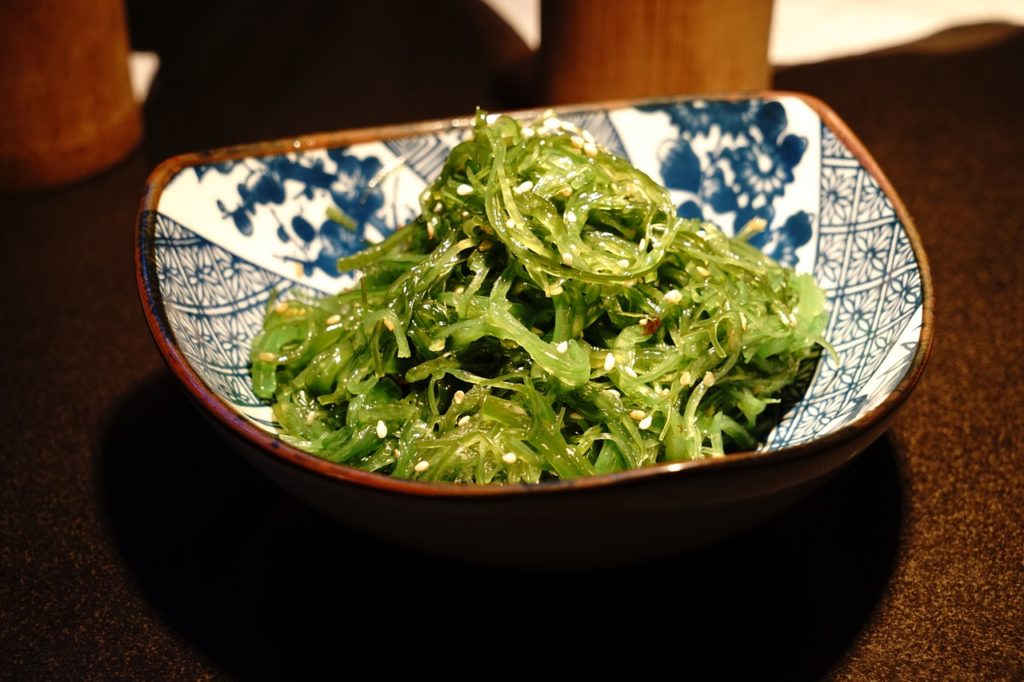Over the past decades, high fructose corn syrup has emerged as a better alternative to sugar. It’s found in thousands of foods, from cereals and fruit juices to low-carb chocolate and protein bars.
Seaweed – A Tasty Little Treat

Seaweed – A Tasty Little Treat
Seaweed is a staple of the Asian cuisine. Yet, few Westerners use it in their daily meals. This superfood packs a hefty nutritional punch and fills you up quickly. Rich in minerals, fiber, and antioxidants, it can improve your health on every level. Add it to your favorite salads, pasta, sushi, and soups to reap the benefits!
Seaweed at a Glance
Touted as the newest superfood, seaweed has made its way in stores worldwide. This marine vegetable offers both flavor and nutrition. Some experts claim that it’s the best source of minerals on the earth. The ancient Chinese believed that seaweed was the key to health and longevity. Loaded with magnesium, calcium, B-complex vitamins, and healthy fats, it strengthens your bones, fights inflammation, and boosts immunity.
This functional food contains more vitamins than fruits and vegetables. Kelp and nori, two popular seaweed varieties, are the most nutritious. They pack large doses of protein, iron, and natural compounds that balance your hormones. Seaweed is also an excellent source of iodine, which supports thyroid function. Its vitamin C content is higher than that of oranges.
Why Eat Seaweed?
Low in carbs and calories, seaweed is a dieter’s best friend. It not only curbs hunger but also preserves lean mass and increases bone density. This superfood boasts 14 times more calcium than milk and contains probiotics that restore gut health. Alginate, one of the active compounds in seaweed, slows sugar absorption into the bloodstream and feeds the good bacteria in your GI tract.
The health benefits of seaweed are due to its high mineral content. This marine vegetable is higher in iodine than most foods, which helps prevent thyroid disease and hormonal imbalances. One gram provides five to 50 times the daily recommended intake of iodine along with large amounts of vitamin B12.
Researchers have linked the Japanese diet, which is high in seaweed and fish, to lower rates of diabetes, heart disease, cancer, obesity, and other chronic illnesses. Many of the nutrients in seaweed, such as fucoidan, can not be found in other foods. Just a small serving is enough to boost your daily nutrient intake and keep diseases at bay.
If you’re not a big fan of sushi, add seaweed to other dishes. Try miso soup, green nori salad, seaweed stew, or Japanese-style bento boxes. Some varieties are sold as flakes or granules, which makes cooking easier. You can even use seaweed snacks as a healthy alternative to chips and fries.









No comments yet.